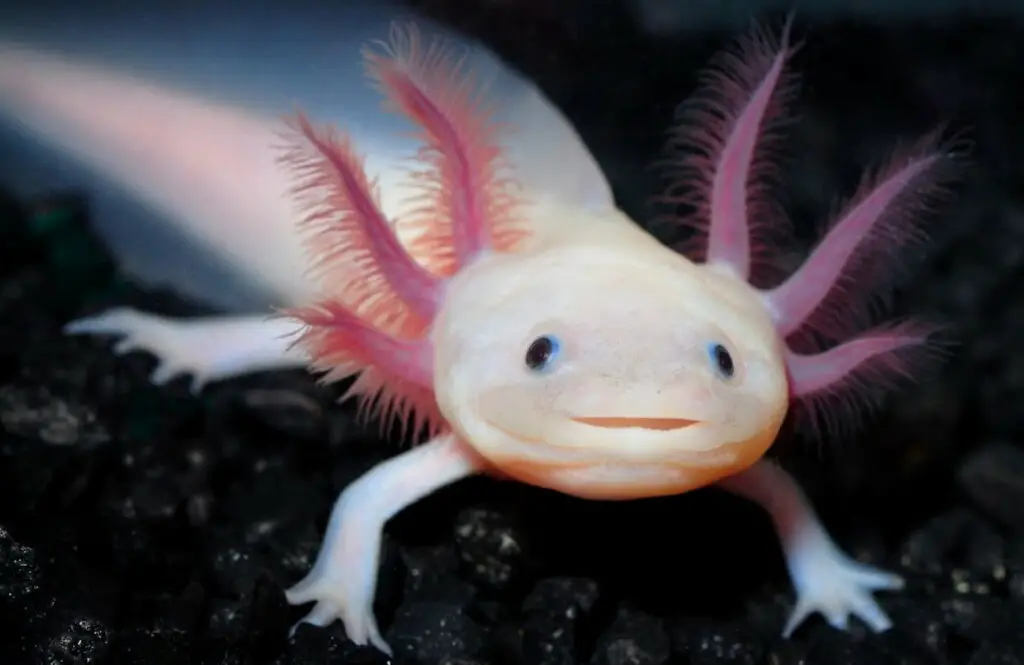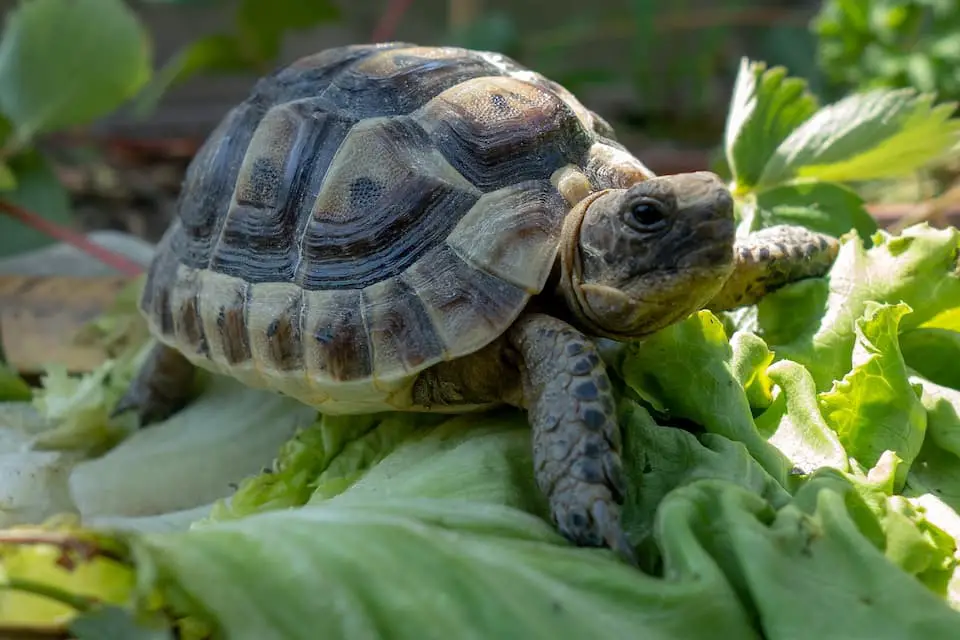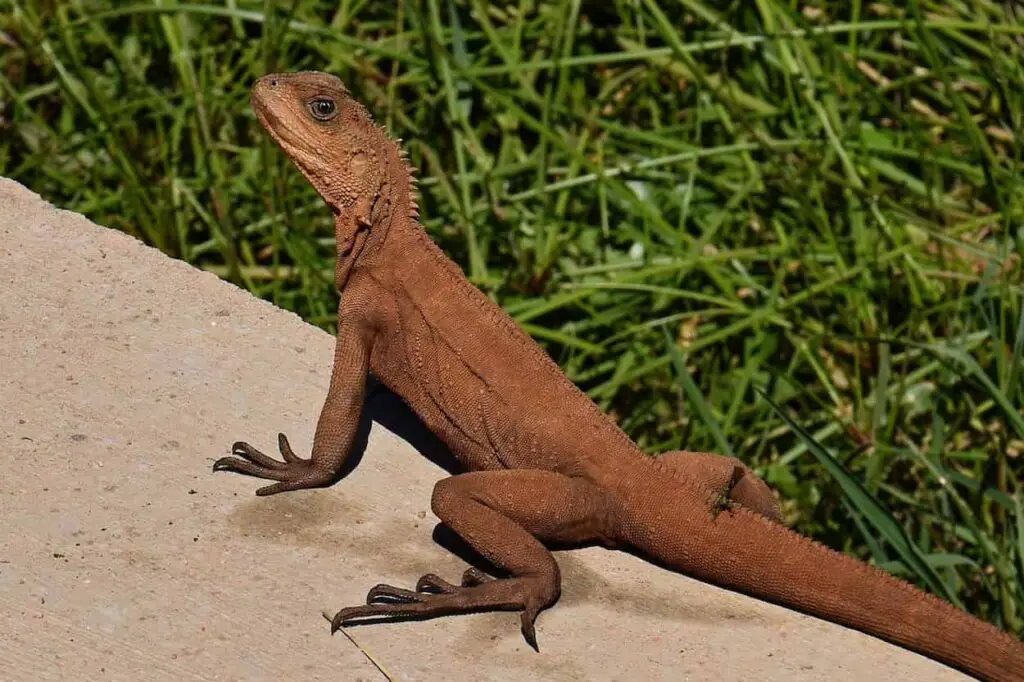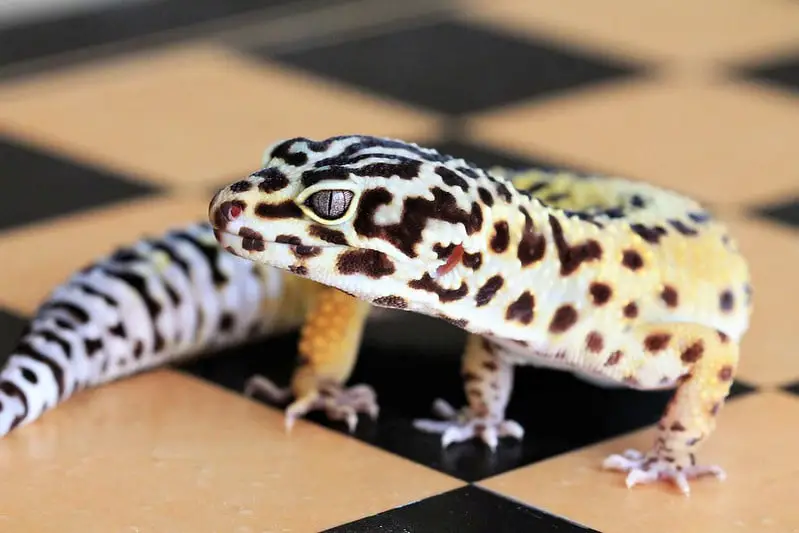What Pets Are Legal in New Zealand?

Are you an animal lover and would like to have a new friend in New Zealand? Fortunately, this country is very pet friendly, and many people have cats & dogs, yet some animals are prohibited in New Zealand. Moreover, animal control in New Zealand makes it challenging to bring particular pets into the country, and even for regular cats and dogs, the import process is long, complicated, and expensive.
A list of legal pets in New Zealand includes domesticated cats, dogs, rabbits, and horses. In contrast, it’s illegal to own pet hedgehogs, ferrets, and marine mammals.
So, if you are planning to move to New Zealand with your pet or are considering adopting one in this country, you should first learn about the legal procedures. This article explains all you need to know about pets in New Zealand.
Which pets can you have in New Zealand?
Domestic dogs and cats are some of the most common pets you will see in New Zealand. However, some people own more interesting species, like llamas, snakes, and even lizards.
That said, not all animals are allowed to be kept as pets in New Zealand. Moreover, you can’t have most animals as pets, as they will never adapt well to captivity and probably won’t love you as a regular dog will.
Besides, animals require specialized care and living conditions. Not to mention that some of these animals are potentially dangerous to people.
New Zealand has strict rules when it comes to animals and organisms, especially if it’s something that doesn’t exist in the country yet:
- HSNO Act (Hazardous Substances and New Organisms Act). Any organism that was not recorded as being in the country before the act came into effect on July 1, 1997, is classed as a ‘New Organism’. In order to bring a new organism into the country, you need to get government approval via the MPI. And to do that, you must have physical containment and safety plans, etc.
That means you can’t own exotic pets, which aren’t present in New Zealand.
Places like zoos can have them due to the approved physical containment areas. However, they need approval for every new organism and get audited regularly. So the only exotics you will be able to keep are the ones that were here before 1996 and are not endangered.
Allowed pets in New Zealand

The HSNO Act limits you to birds, lizards, reptiles, mammals, and fish. For instance, you can own tortoises. Yet, forget about owning a sloth or a fox in New Zealand, as some people do in the US, for example.
Officially, the following animals may be kept as pets in New Zealand:
- Domesticated cats, dogs, rabbits, horses
- Gerbils, hamsters, guinea pigs, chinchillas, and other small animals
- Parakeets, parrots, pigeons, canaries, hen or female chickens, and other small birds
- Non-snapping turtle larger than 4 inches
- Certain reptiles
- Honeybees
In addition, some more exotic animals also are allowed to be kept as pets, including:
- Eels
- Axolotls/salamanders
- Freshwater crayfish
- Giant prawns
- Freshwater jellyfish
Facts about owning various animals as pets in New Zealand:
- Some fish species are banned, like piranhas.
- A person can own several mammals without a permit, including chinchillas, rats, mice, guinea pigs, hedgehogs, and rabbits.
- Farm-stock animals are widely popular in New Zealand, including pigs, goats, and llamas.
- New Zealand has special laws regarding owning livestock in cities.
- With an appropriate permit and lots of rules, you can have pest species such as possums and wallabies.
- You don’t need a permit for hedgehogs.
- Special permits are needed for owning species which are game (hunting) animals (e.g. deer, chamois, tahr) and so-called pest animals (e.g. possums, wallabies, mustelids).
Are chinchillas illegal in New Zealand?
You can own a chinchilla in New Zealand. It’s totally legal, although pretty rare. Chinchillas are selling on Trademe.co.nz for NZ$500 on average. Yet, there are only a few of them on offer.
Are guinea pigs illegal in New Zealand?
Guinea pigs are legal in New Zealand, and you can own one. Moreover, they are very affordable compared to chinchillas, for example. You can buy a baby guinea pig on Trademe.co.nz for about 30!
That said, you can not import a guinea pig to New Zealand from abroad unless it’s from Australia.
Banned dog breeds in New Zealand
A dog lover looking to own a dog in New Zealand or bring one from overseas must also be aware of breeds banned in the country.
Import of some breeds is prohibited unless special conditions apply. Therefore, New Zealand’s Dog Control Act prohibits the import of potentially dangerous and aggressive dog breeds, including:
- Brazilian Fila
- Dogo Argentino
- Japanese Tosa
- Perro de Presa Canario
- American Pit Bull Terrier
Special conditions mean that our dog is one of the following:
- registered under the Dog Control Act 1996 (New Zealand Legislation)
- a guide or hearing dog
- a companion dog
If this is the case, you can bring all dog breeds to the country, and the prohibition doesn’t apply.
Hybrids
Keep in mind that New Zealand also prohibits the import of hybrids, except for Bengal cats. Hybrids aren’t your typical mixed breed dogs but are dogs or cats crossed with another species, for example, a dog mixed with a wolf.
To bring a Bengal Cat, you must furnish documentation that shows at least five generations of domestic ancestry to be allowed into the country.
What exotic pets are legal in New Zealand?
Some exotic pets that you can own legally include eels, gerbils, and pigeons, for example. Although New Zealand is very conservative when it comes to exotic animals, there is more to this list.
That said, exotic animal ownership is a big responsibility as you will be faced with new challenges other than a typical dog owner.
You also must be conscious of the exotic pet trade and its negative consequences. It especially becomes problematic when an animal escapes or gets released into the wild.
World Animal Protection advises people against buying an exotic pet due to all the problems it can cause. For example, Australian Water Dragon is allowed in New Zealand as a pet, but if it ends up in the wild, it causes serious damage as this lizard is carnivorous.
Also, breeding exotic pets is legal in New Zealand and must be done with caution and only by people who know what they are doing.
Lastly, many species (including turtles, tortoises, dragons, leopard geckos, and blue-tongued skinks) live for up to 20 years or more, so they require a serious long-term commitment.
Below is a list of some exotic animals that can be kept as pets in New Zealand.
Llama (Lama glama)
Llamas (Lama glama) is a domesticated South American camelid used as a pack animal and for meat. In New Zealand, they are mainly kept as pets.
You might often see them or their brothers, Alpacas, as a tourist attraction in many farms in New Zealand. They are entertaining for children, especially. That said, Illama is classified as a rare breed in New Zealand; there are only about 1,500 of them.
Alpaca (Lama pacos)
Alpacas are very similar to llamas, and there are plenty of them. New Zealand is home to about 30,000 alpacas. Hence, there are much more Alpacas than Llamas. Both live up to 15 to 20 years.
What is the difference between Llamas and Alpacas? The most significant distinction between llamas and alpacas is their size and coat type. Llamas have a coarse wool coat, whereas an alpaca’s hair is longer and finer.
Llamas are also larger species, weighing about 113 kg, while Alpacas weigh only between 55 kg and 65 kg. Alpacas are much shorter than Llamas, about 90 cm vs 120 cm.
Lastly, llamas are more independent, while alpacas are more herd-like creatures.
Axolotls

Axolotls can be kept as pets in New Zealand. They are funny animals, also known as Mexican salamanders or Mexican walking fish.
They are found in high altitude fresh-water lakes and canals. Yet, axolotls breed very well in captivity, ensuring the survival of the species. They are popular exotic pets that are available in various colours and forms and may be obtained from pet shops year-round.
For instance, in Auckland, the typical price for an Axolotl is only NZ$45.
Various Testudines (turtles)
1. Chelonians

Chelonians are reptiles of the order of Testudines: turtles, tortoises, and terrapins.
Turtles are more common than tortoises as pets in New Zealand. Turtles and tortoises are long-living animals that require a full commitment.
2. Turtles
Turtles were very rare as pets in New Zealand until the 1960s, now it’s more common, and there are several species that are legal for private ownership, including:
- Red-eared slider turtles
- Eastern snakeneck turtles
- Box turtles
- Reeve’s turtle
Turtles can also be purchased pretty inexpensively in New Zealand; for example, Red-eared slider turtles are selling just for NZ$40.
Unfortunately, some Red-eared slider turtles are increasingly being found abandoned in various places across New Zealand.
3. Tortoises
Tortoises are a rare type of reptile in New Zealand, yet, you still can own one. They typically have a large shell on their back than the above-mentioned turtles. Also, they live on land, unlike other turtles, which love water.
The Greek spur-thighed tortoise (Testudo graeca) is the most common tortoise kept as a pet in New Zealand, with Hermann’s tortoise (Testudo hermanni) being the second most common.
Depending on the specific species, tortoises vary in size. Some might be very small, some might be incredibly large.
Most tortoise species have a lifespan of about 80-150 years, but some can live for over 200 years. So, make sure you are ready for this type of commitment, as this isn’t your average pet.
Dragons

Fancy owning a dragon? Surprisingly, Australian water dragons and bearded dragons (Pogonna sp.) have become pretty popular among pets in New Zealand.
They live for 10 – 20 years and can be your friends for a long time. Australian water dragons grow to about 60-90 cm long, making them pretty substantial pets.
These animals are friendly, tolerant of humans, and even enjoy your company in some sense. A crucial thing to consider when getting a dragon is that they require a lot of space, often with a swimming area, a daily portion of fresh insects, and need appropriate humidity levels.
Leopard geckos

Leopard geckos are small reptiles perfect for a new exotic pet owner. Over the last 30 years, Leopard geckos have become a popular pet worldwide. They can grow to 25 cm and live for up to 20 years in captivity.
Leopard geckos can be pretty tricky to come by in New Zealand. You will need to seek purposely for one and possibly wait until it becomes available. The average price for a Leopard gecko in New Zealand is around $400.
Newts

Newts are amphibians, becoming increasingly common in captivity and popular as pets. Newts grow to only about 10 cm long and live for 10 – 15 years.
Japanese species of this exotic animal are the most common in New Zealand. However, there aren’t many newts on sale in New Zealand, so you probably have to look around.
Skinks

Skinks are lizards and are classified into several species, both of which you can own in New Zealand.
Common blue-tongued skink
The blue-tongued skink is an Australian species that lives for 10 – 15 years in captivity. You might find them around December on websites like reptileworld.co.nz.
Cunningham’s skink
Cunningham’s skink is another type of lizard you can keep in New Zealand. The origin of Cunningham’s skink is Australia, but there are some of them selling in New Zealand, yet, they are less common.
Source: reptiles.org.nz
As you can see, the list of exotic animals that you keep legally in New Zealand is pretty small; unless you are interested in owning a lizard, there isn’t much to choose from.
Illegal animals being kept as a pet
That said, the majority of exotic animals ARE PROHIBITED for private ownership in New Zealand.
Banned exotic animals including but not limited to:
- lions
- tigers
- bears
- wolves
- mongooses
- raccoons
Besides, the following animals may not be kept as pets:
- Wolves, foxes, coyotes, hyenas, dingoes, jackals, and other undomesticated dogs
- Lions, tigers, leopards, jaguars, pumas, panthers, mountain lions, cheetahs, cougars, bobcats, lynxes, and other undomesticated cats
- Ferrets, weasels, minks, badgers, wolverines, skunks, and mongooses
- Squirrels, raccoons, and bats
- Bears, elephants, zebras, rhinoceroses, giraffes, and hippopotamuses
- Tarantulas, black widows, and other venomous spiders
- Iguanas, gila monsters, and many other lizards
- Monkeys, apes, chimpanzees, and gorillas
- Vipers, cobras, pythons, anacondas, and many other snakes
- Alligators, crocodiles, snapping turtles, and other turtles less than four inches in length
- Eagles, hawks, falcons, owls, vultures, emus, ostriches, and other large or predatory birds
- Roosters, ducks, geese, and turkeys
- Bees (other than honeybees), hornets, wasps, and other venomous insects
- Gophers, woodchucks, beavers, hedgehogs, porcupines, and other large rodents
- Deer, antelopes, llamas, and camels
- Sheep, goats, pigs, and most farm animals
- Kangaroos, opossums, koalas, and other marsupials
- Dolphins, whales, seals, sea lions, walruses, and other sea mammals
- Sharks and piranhas
That said, many of these animals don’t exist in New Zealand and are prohibited to import.
Travelling with animals to New Zealand: what is allowed
If you are moving to New Zealand and want to bring your pets, it’s crucial to know all the rules and regulations. For some countries, pet travel is even impossible; hence, you should know if your pet can go with you at all.
New Zealand is one of the most difficult countries in the world regarding the import of animals. I went through it myself when I was considering bringing my husky from Serbia. In the end, I was faced with a very complex process, and the fact that my dog was terrified of crates didn’t make it easier.
Consequently, I decided to rehome my dog, which was the best solution in the current situation, but you might bring your pet to New Zealand instead, that’s probably also why you are reading this article.
New Zealand has strict pet import regulations to protect the local flora and fauna from exotic diseases.
That said, there are only several animals that you can bring into New Zealand:
- Approved cat breeds from approved countries
- Approved dog breeds from approved countries
- Chinchillas — from the UK only
- Guinea pigs — from Australia only
- Rabbits — from Australia only
- Ornamental fish and other aquatic animals
- Horses
Prohibited animals and pets for import to New Zealand
Some animals aren’t allowed to be brought into New Zealand, including:
- live birds
- ferrets
- guinea pigs (except from Australia)
- mice and rats (except laboratory animals)
- snakes and other reptiles (except for zoos)
- all other exotic animals (see above)
Immigrating with pets
Everyone who is moving with pets to New Zealand should go through a stringent process, which we described in-short below. Why is New Zealand so notoriously difficult for pet import?
It’s because the country tries to save and protect its biodiversity, where each animal makes an impact and is considered a potential risk.
If you are determined to bring your pet anyway, you first must check whether your country is eligible for a direct pet import to New Zealand. It must be on the list of rabies-free or rabies-absent or well-controlled countries.
Then, on arrival, you must clear your pets through Customs and MPI/Biosecurity when they arrive in the country.
Keep in mind that international airlines only transport animals to New Zealand’s two main airports, Auckland and Christchurch.
Using a professional pet exporter in your country may be advisable or even required to arrange the whole process, including tests, treatments, flights, permits to import, shipping crates, and others.
A pet owner needs several documents to go through New Zealand Customs with the pet. These may include:
- Proof of purchase or evidence of ownership, if available
- Permit to import the animal
- Veterinary certificates
- Air Waybill
- Exempting Statutory Declaration — for dogs
- NZCS 231 Bringing a Pet or Other Animal into NZ
- Copy of the ID
Check out the official website for more information.
Steps to bring a pet to New Zealand
Here are common steps pet owners need to take to import an animal to New Zealand:
- Research and begin undertaking the MPI biosecurity requirements. Visit MPI’s website.
- Arrange transport for your pet. A transport company will provide you with an Air Waybill, which you will need to complete this process.
- Complete Exempting Statutory Declaration if you’re bringing a dog into New Zealand that has not been previously registered here.
- Before the animal arrives in New Zealand, email [email protected] with the following documents (alternatively, you can contact a Customs broker to manage the process for you):
- NZCS 231 Bringing a Pet or Other Animal into New Zealand (PDF 291 KB)
- Copy of your photo ID
- Proof of purchase or Evidence of ownership (if available)
- Air Waybill
- Veterinary Certificates (as required by MPI)
- Exempting Statutory Declaration (PDF 23 KB) (if required)
5. If you’ve purchased the animal from overseas, but you live in New Zealand on a regular basis, Customs will issue you an invoice based on the Customs Value of your animal, which is the cost of the animal in New Zealand Dollars, as well as the cost of shipping and insurance (if applies).
This invoice amount will be made up of:
- 15% GST
- $59.48 Import Transaction Fee
If you’re moving back to New Zealand after being away for more than 21 months or are moving here for the first time, you may not have to pay the 15% GST. The Customs officer who is processing your application will assess if you must pay GST.
6. Pay the bill
7. You’ll receive payment confirmation and a delivery order will be sent to the company transporting your animal.
Once you’ve also completed the MPI Biosecurity requirements, you can collect your animal. However, many dogs have to go into 10 days of quarantine on arrival.
Source: customs.govt.nz.




